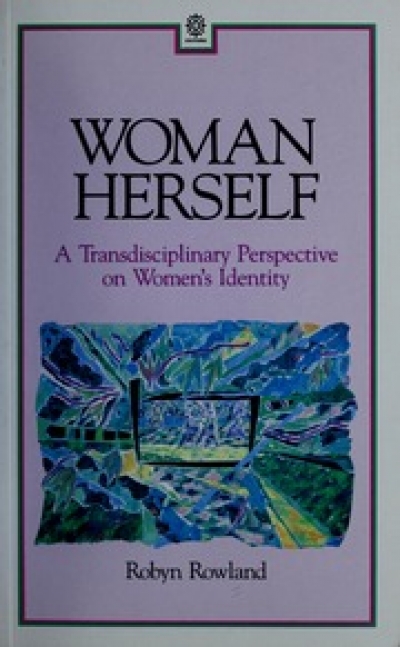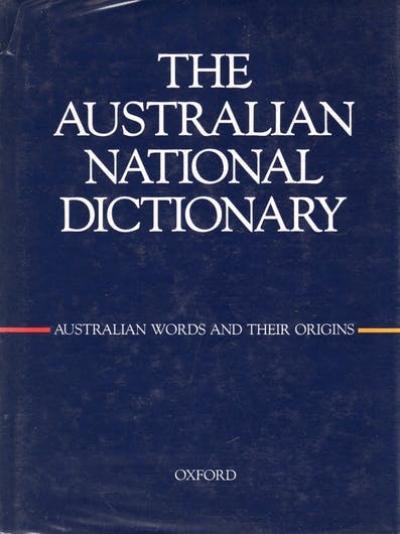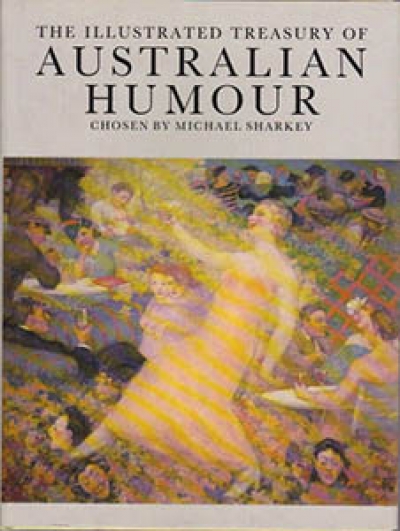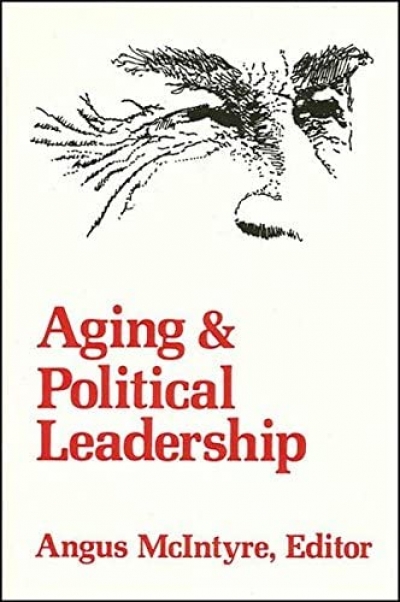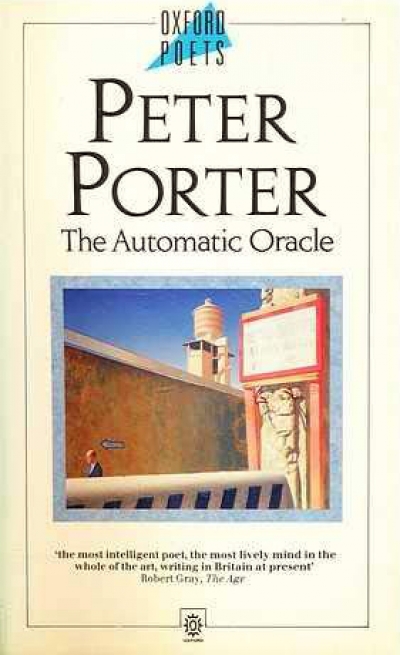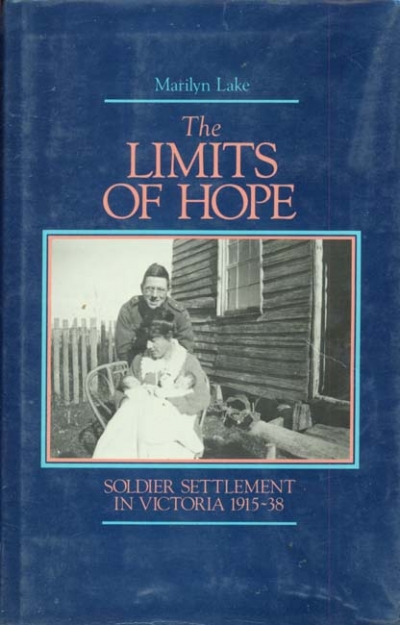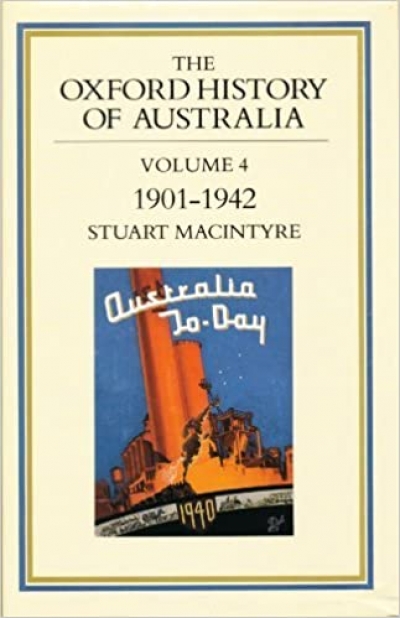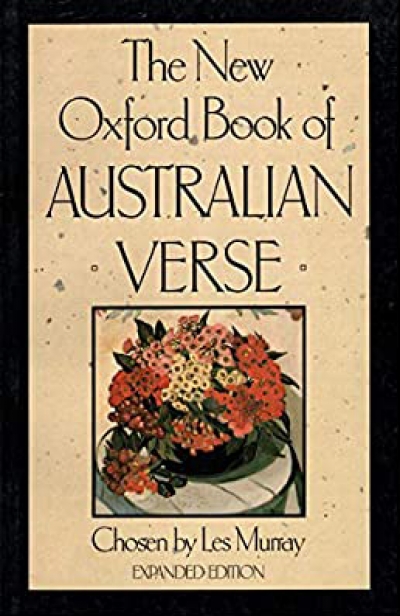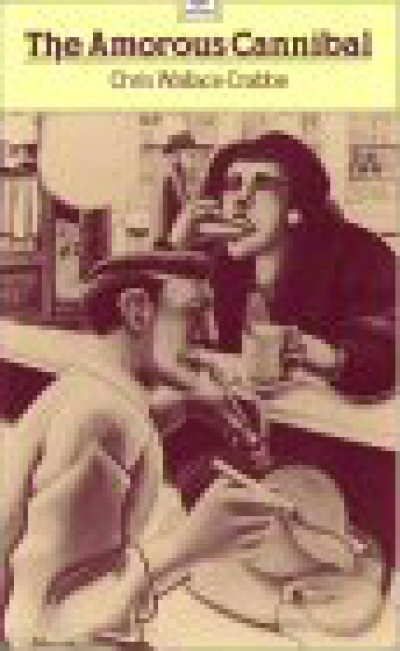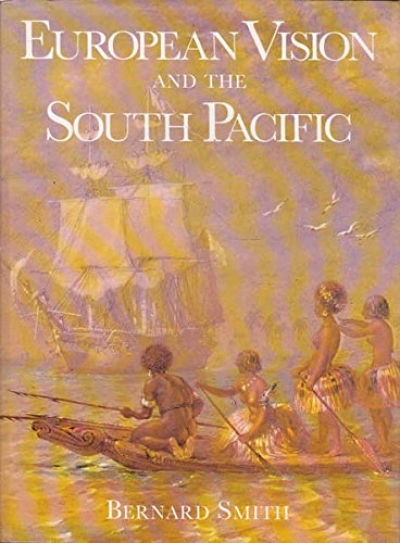Oxford University Press
Woman Herself: A transdisciplinary perspective on women’s identity by Robyn Rowland
by Terry Threadgold •
The Australian National Dictionary: Australian words and their origins by W.S. Ramson
by Jack Hibberd •
The Illustrated Treasury of Australian Humour edited by Michael Sharkey
by Patrick Cook •
The Limits of Hope: Soldier settlement in Victoria 1915–1938 by Marilyn Lake
by Jill Roe •
The Oxford History of Australia, Volume 4: The Succeeding Age by Stuart Macintyre
by Robert Pascoe •
The New Oxford Book of Australian Verse edited by Les A. Murray
by Michael Heyward •

